Boom Cylinder For Sumitomo Small Excavator SH100A1A2A3
In qualità di uno dei produttori, fornitori ed esportatori di prodotti meccanici, offriamo cilindri idraulici e molti altri prodotti.
Per maggiori dettagli, contattateci.
Posta:sales@hydraulic-cylinders.net
Produttore fornitore esportatore di cilindri idraulici.
Boom Cylinder For Sumitomo Small Excavator SH100A1A2A3
Introduction to Boom Cylinder
The Boom Cylinder is a crucial hydraulic component used extensively in heavy machinery such as excavators, backhoes, and front loaders. Specifically designed to control the movement of the bucket, these cylinders allow for precise lifting, lowering, and tilting actions, thereby facilitating effective material handling tasks. The bucket cylinder operates within a hydraulic system, harnessing the power of hydraulic fluid to create force that enables the bucket to perform its functions efficiently.
In essence, the boom cylinder is a hydraulic actuator that converts hydraulic energy into mechanical motion. Its functionality is vital in construction and agricultural sectors where heavy lifting and material movement are routine. By enabling the bucket to dig, lift, and transport materials, the boom cylinder significantly enhances the operational capabilities of heavy machinery.
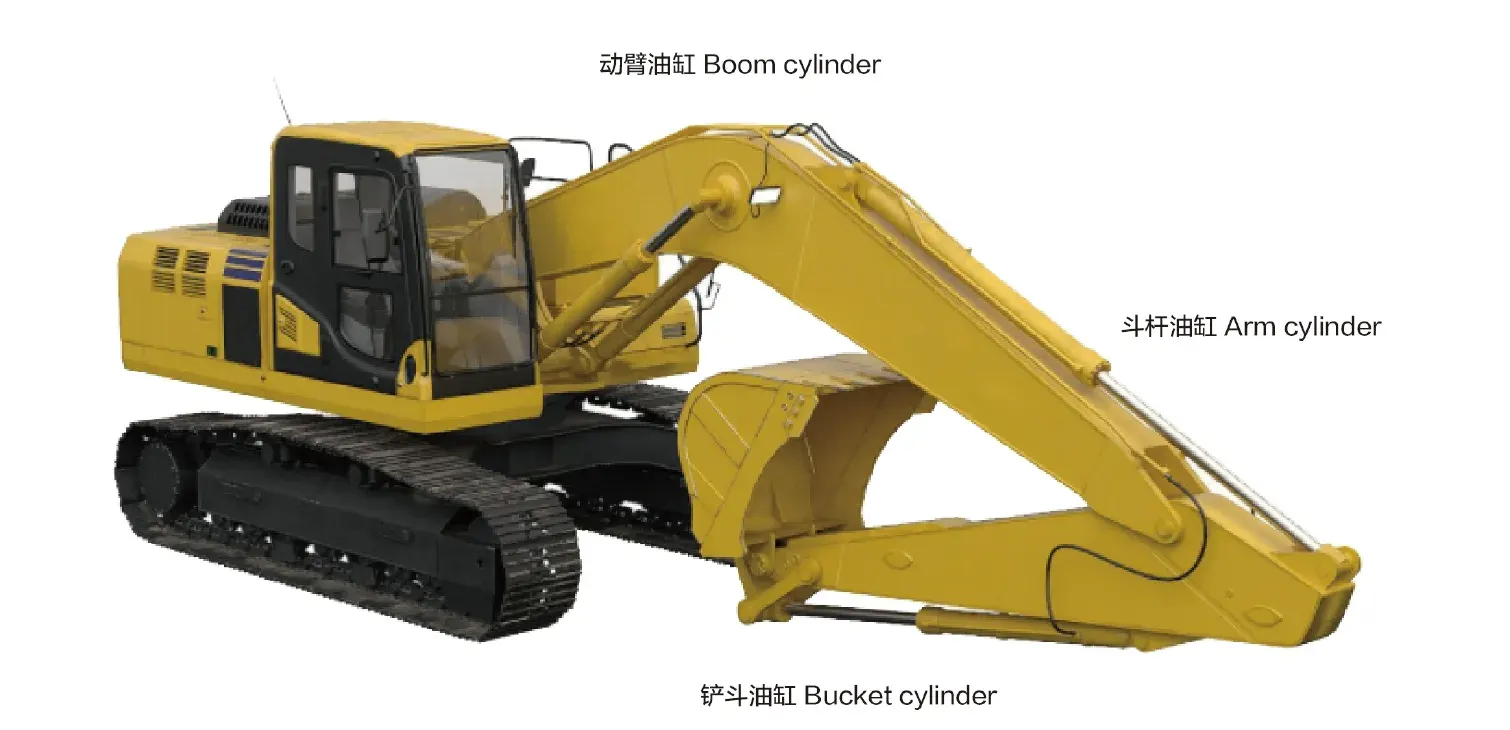
Features of Boom Cylinder
High Strength and Durability
Manufactured from high-strength steel or aluminum, the boom cylinder is designed to withstand high pressure and heavy loads. Its construction considers wear resistance and corrosion prevention, which extends its operational lifespan even in harsh environments.
Efficient Hydraulic Operation
The cylinder utilizes hydraulic oil pressure to achieve smooth telescopic actions, responding quickly to control commands. This feature provides powerful push and pull forces, making it suitable for handling heavy and complex tasks.
Diverse Types
Available in both single-acting (using hydraulic force in one direction) and double-acting (utilizing hydraulic force in both directions) configurations, the boom cylinder can be tailored to meet specific operational requirements. Some models are telescopic, allowing for extended reach without increasing their external dimensions, which is ideal for applications with limited space.
We specialize in manufacturing high-quality boom cylinders that can perfectly replace existing hydraulic cylinders in various machines.
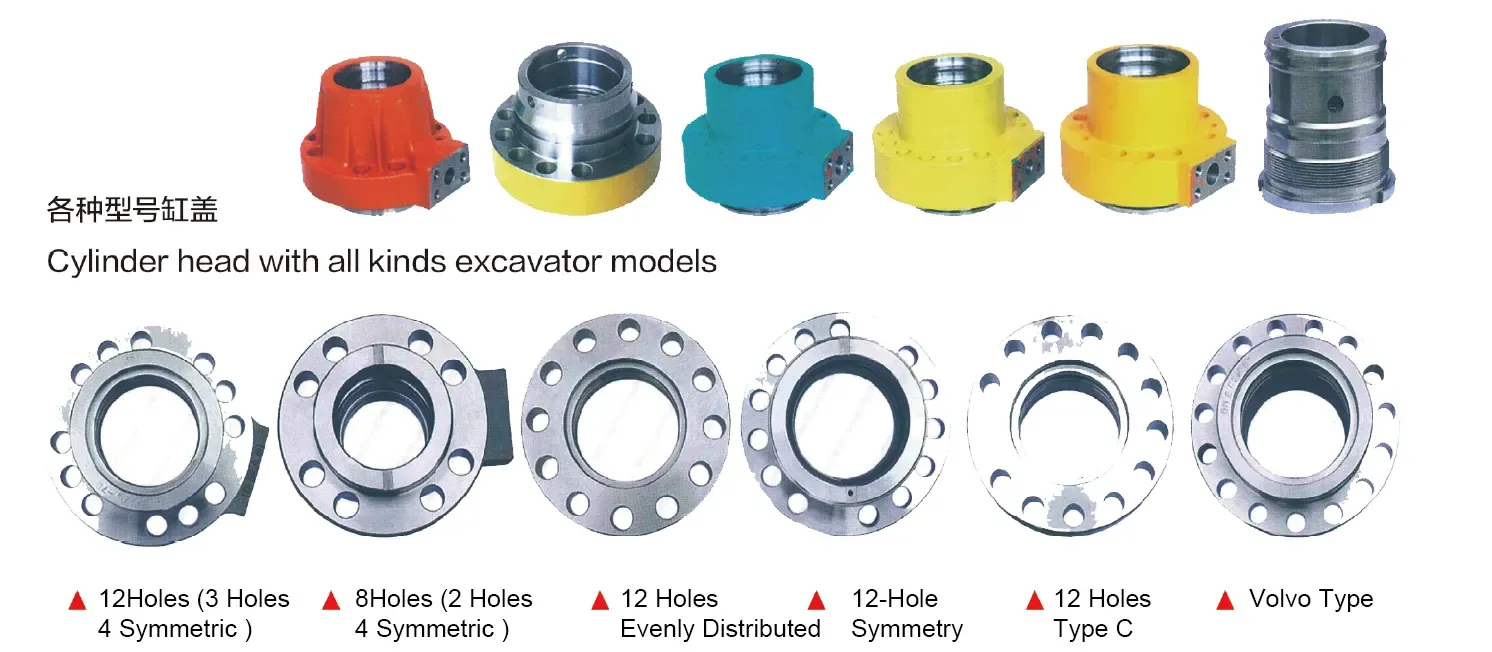
Applications of Boom Cylinder
Construction Equipment
In excavators, boom cylinders are essential for digging, loading, and moving soil or debris. They facilitate the bucket’s movements both for excavation and lifting tasks, proving indispensable in construction sites where earth-moving is a regular requirement.
Agricultural Machinery
Front-end loaders utilize boom cylinders to scoop, lift, and transport soil, hay, and other materials. Their ability to efficiently manage material handling processes makes them a valuable asset in agricultural operations.
Excavators
In excavators, the boom cylinder enables the bucket to penetrate the soil, allowing for effective excavation. This functionality is crucial for various digging projects, enhancing productivity on site.
Loaders
In front loaders, boom cylinders assist in lifting and dumping loads efficiently. Their precise control allows operators to manage the movement of materials effectively, improving overall workflow on construction and agricultural sites.
Design Considerations and Selection Criteria
Load Capacity
When selecting a boom cylinder, understanding its load capacity is critical. The cylinder must be able to handle the maximum load it will encounter during operation. This involves not only the weight of the material being moved but also the dynamic forces exerted during lifting and lowering. Manufacturers provide specifications that outline the maximum load capacities, which should always be adhered to, ensuring safety and efficiency in operations.
Sealing Integrity
Sealing systems in hydraulic cylinders are vital for preventing fluid leakage and maintaining performance. High-quality seals prevent hydraulic fluid from escaping, which ensures efficient operation and reduces the risk of contamination. Choosing cylinders with robust sealing technologies, such as multi-ring seals and O-rings made from durable materials, can significantly extend the life of the hydraulic system.
Durability
Durability is a crucial factor in the design of boom cylinders. They are often subjected to severe conditions and must be able to withstand wear and tear over time. Manufacturers employ advanced materials and coatings that enhance resistance to abrasion and corrosion, ensuring that the cylinders can perform optimally over prolonged periods, even in harsh working environments.
Safety Features
Safety is paramount in hydraulic design. Boom cylinders should incorporate safety mechanisms such as pressure relief valves to prevent overloading and potential system failures. Regular safety audits and adherence to safety protocols during operation are essential to mitigate risks associated with hydraulic machinery.
Maintenance Accessibility
Designing hydraulic cylinders for easy maintenance is essential for ensuring longevity. Components should be accessible for inspection, repairs, and replacements. Efficient maintenance practices extend the life of the cylinder and enhance operational reliability. Manufacturers who focus on serviceability in their designs contribute to minimizing downtime and improving productivity.
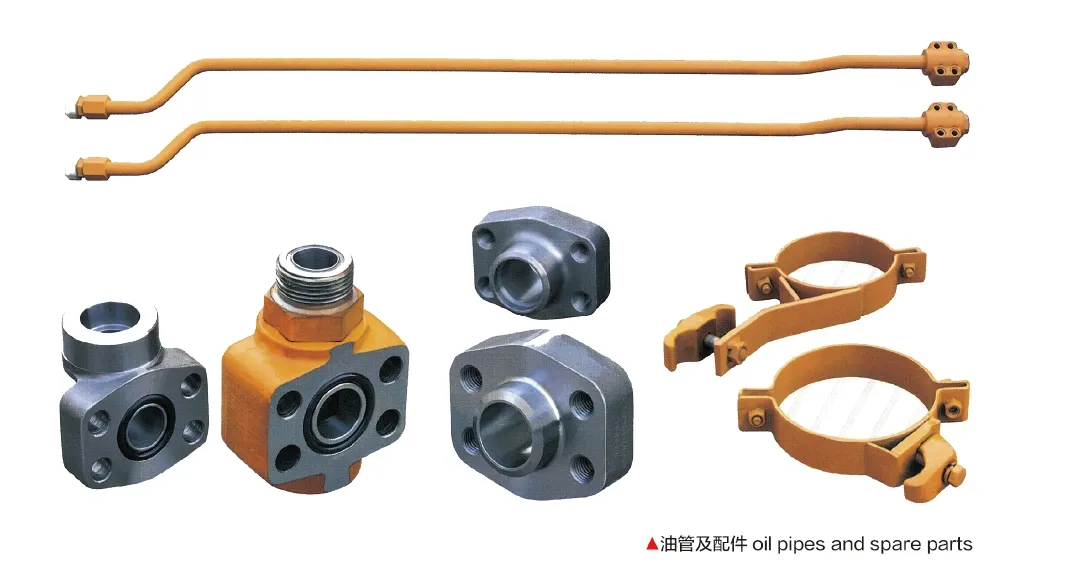
Sealing and Lubrication
The integrity of sealing and lubrication systems in hydraulic cylinders is fundamental to their functioning. Various sealing components, such as piston seals and rod seals, are essential in maintaining hydraulic pressure and preventing fluid leakage. The selection of durable materials, such as polyurethane and nitrile rubber, for these seals is crucial, as they must withstand hydraulic fluid and environmental conditions.
Furthermore, the cylinder body and threaded end surfaces undergo fine machining processes to enhance wear resistance, ensuring longevity under operational stress. Regular lubrication with hydraulic oil is necessary to keep the moving parts functioning smoothly, reducing friction and wear. Proper lubrication schedules must be adhered to, ensuring adequate oil levels and system performance.
Regular Inspection and Preventive Maintenance
Ispezioni regolari
Conducting regular inspections of the boom cylinder is essential for identifying potential issues before they escalate. Operators should check for visible wear, fluid leaks, and abnormal sounds during operation. Early detection of faults can prevent costly repairs and downtime.
Appropriate Lubrication
Ensuring that the hydraulic cylinder is well-lubricated is vital for operational efficiency. Operators should follow the manufacturer’s recommendations for lubricant types and application frequencies. Proper lubrication reduces friction and prolongs the lifespan of the cylinder components.
Seal Replacement and Calibration
Regularly replacing worn seals and calibrating the cylinder is key to maintaining optimal performance. Operators should keep a log of seal replacements and calibrations to ensure adherence to maintenance schedules. Proper alignment during installation is also crucial for preventing premature wear and ensuring smooth operation.
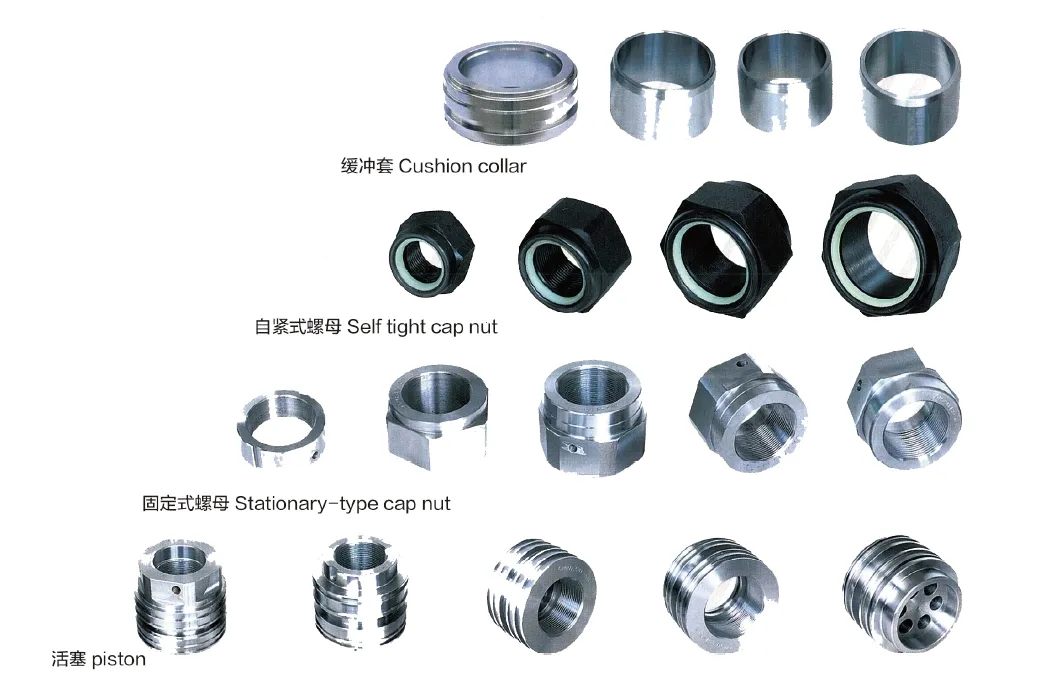
Safety Considerations and Environmental Factors
When operating hydraulic cylinders, safety measures must be strictly followed to mitigate risks associated with hydraulic machinery. Operators should be trained on safe handling practices and emergency procedures to address potential malfunctions. Additionally, environmental considerations, such as managing hydraulic fluid spills, are essential to prevent contamination. Proper disposal methods for hydraulic fluids and awareness of environmental regulations are crucial in maintaining compliance and protecting the ecosystem.
Troubleshooting and Common Issues
Fluid Leakage
Fluid leakage is one of the most common issues faced by hydraulic cylinders. It can be caused by worn seals, damaged connectors, or improper installation. To address this, inspect all seals and connections regularly, replacing any defective components and ensuring proper alignment during installation.
Inconsistent Performance
If the boom cylinder exhibits inconsistent performance, it may indicate air trapped in the hydraulic fluid or low fluid levels. Bleeding the system to remove air bubbles and checking fluid levels are critical steps in restoring normal operation.
Overheating
Overheating can result from excessive load or insufficient lubrication. Monitoring operational loads and ensuring regular lubrication are essential practices to prevent overheating and prolong cylinder life. Regular maintenance checks should also be scheduled to avoid this issue.
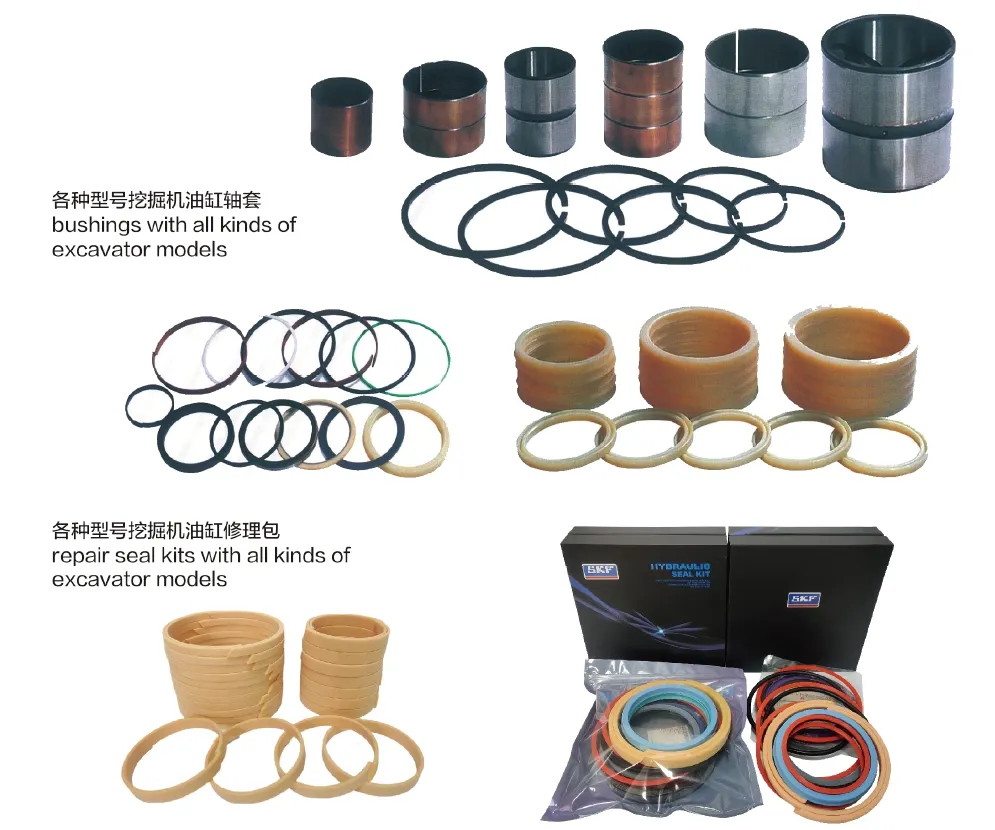
Conclusion
Our company specializes in manufacturing high-quality hydraulic cylinders that cater to diverse industrial needs. As one of the leading manufacturers and wholesalers in both domestic and international markets, we adhere to excellence in quality through fine manufacturing strategies. Our investment in skilled personnel, advanced digital manufacturing equipment, and professional testing systems enhances our production capabilities.
We pride ourselves on our ability to meet various customer demands with efficiency, precision, and high quality. Our commitment to innovation and adaptability ensures that we remain at the forefront of the hydraulic cylinder industry, providing custom solutions and exceptional after-sales support.
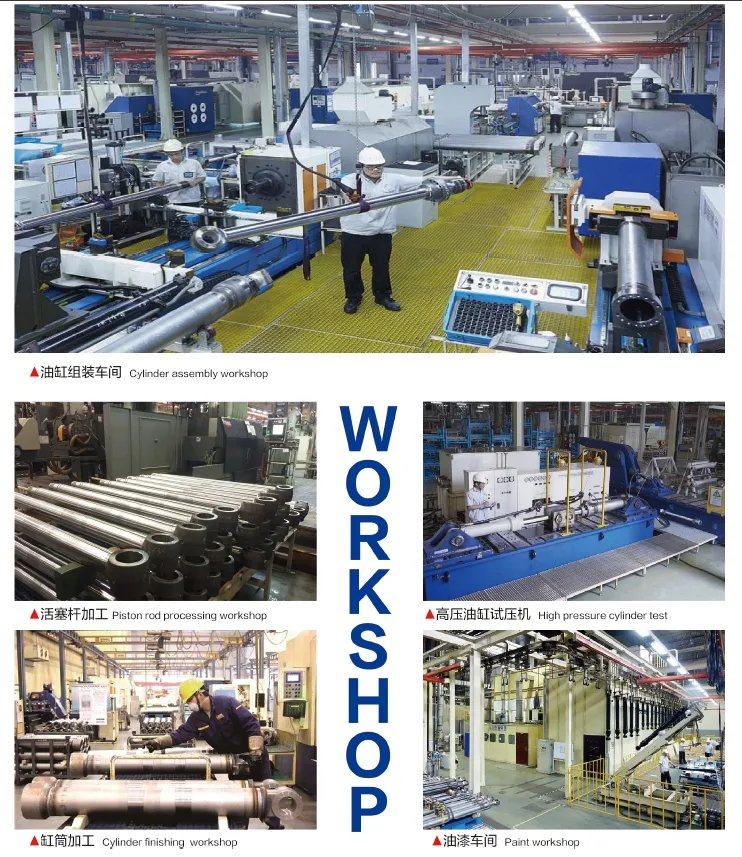
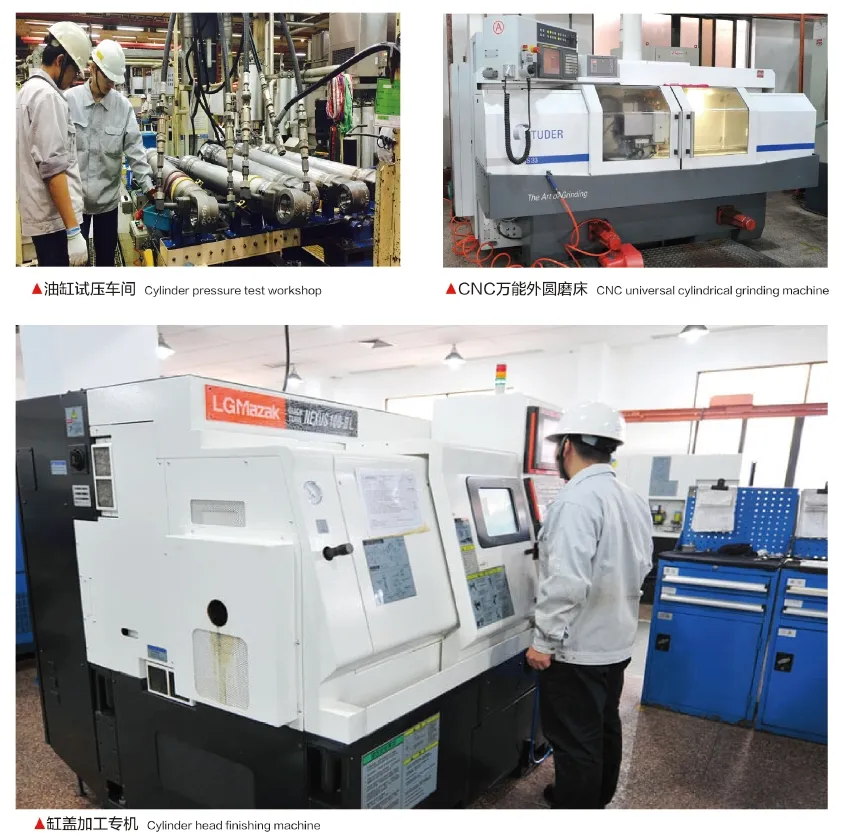
Author: lyl
Visitate la nostra fabbrica VR:
Fate un tour della nostra fabbrica VR con quanto segue
Come funziona il cilindro idraulico del carrello elevatore?
Cilindro idraulico Applicazione:


